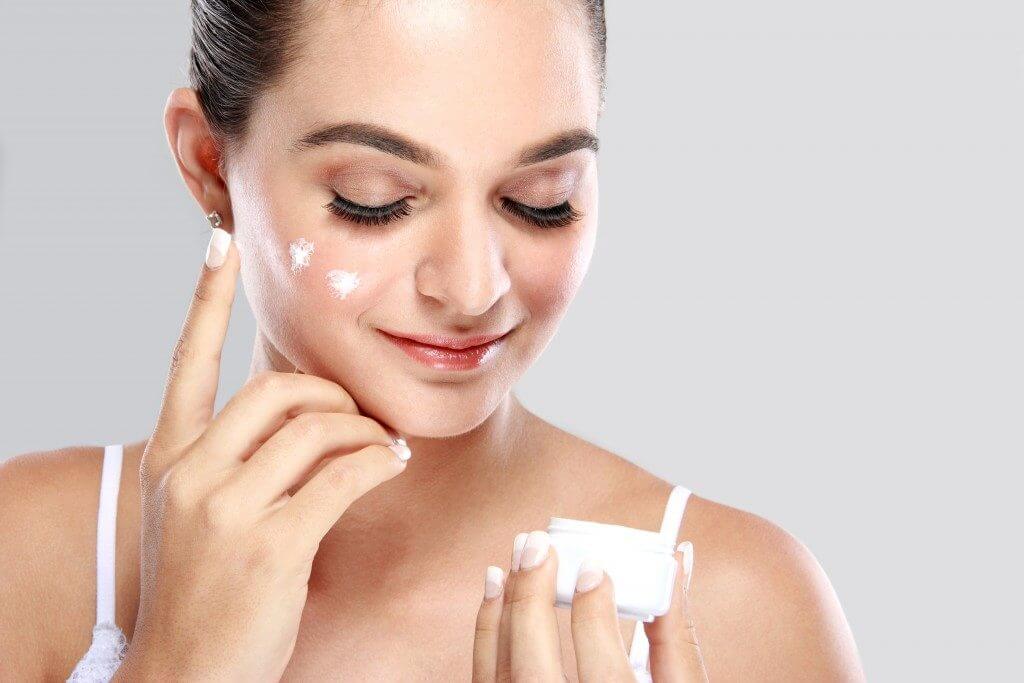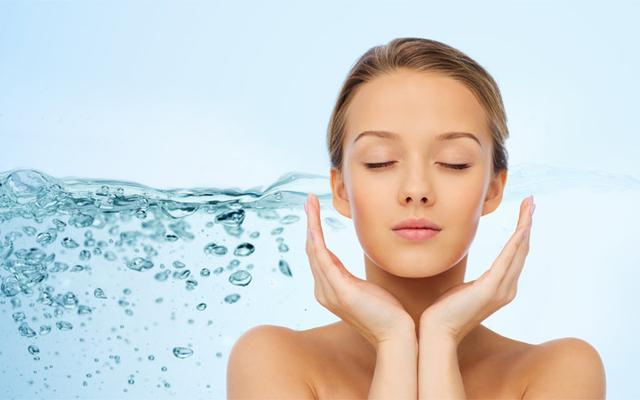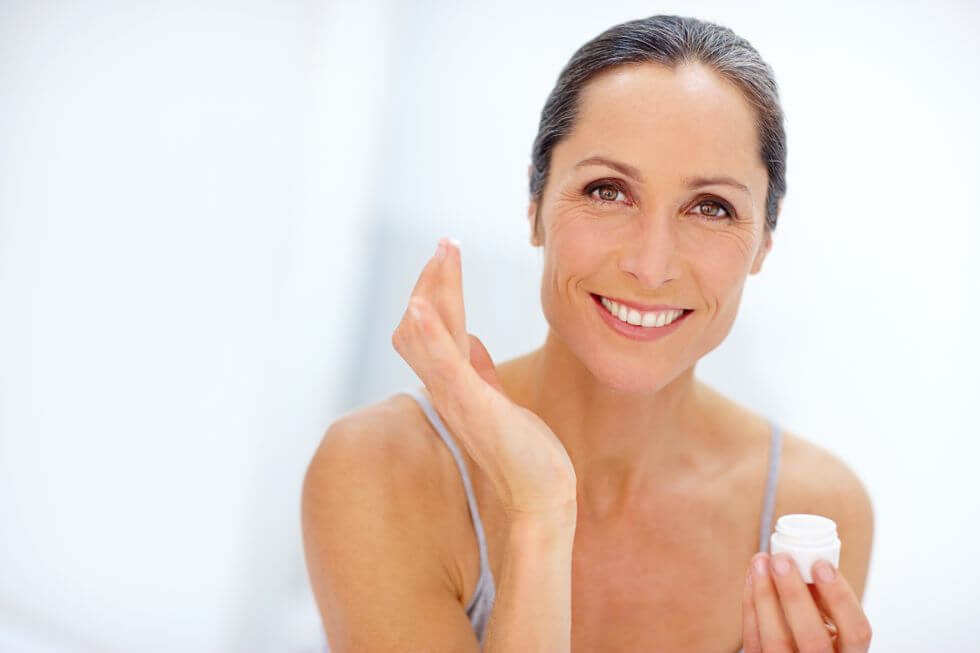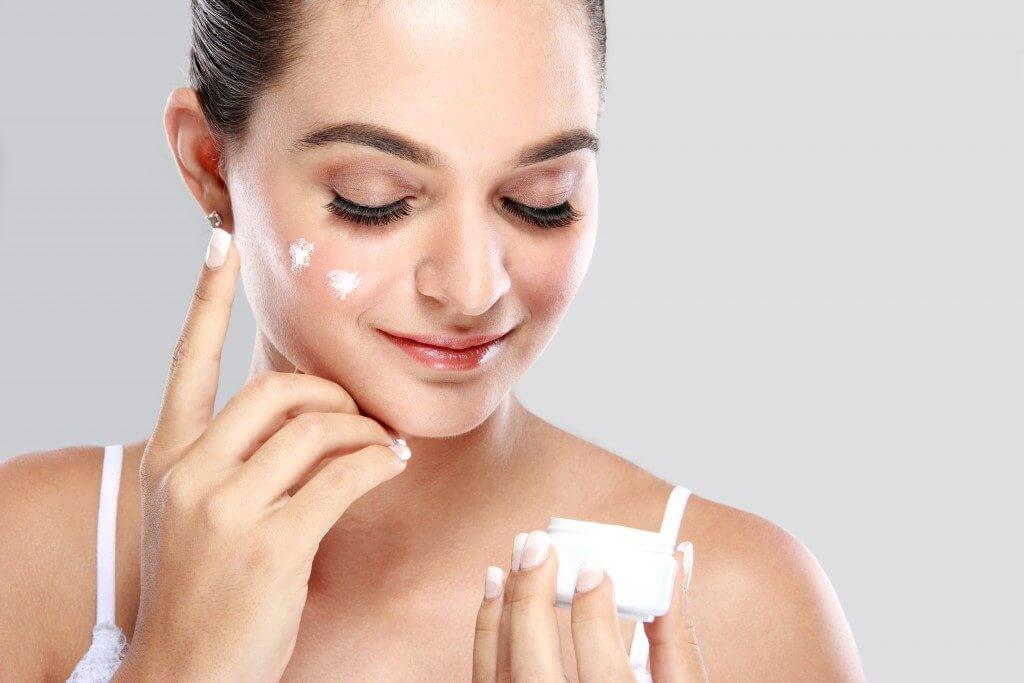*How To Keep Your Skin Hydrated and Glowing*
Hello! Take a look at your skin, does it look dry or seem dull and feel rough? If yes, it very well may be a sign of dehydration.
The utilization of serums, cream, and other skincare products are imperative to maintain your skin’s health and keep it sparkling, hydrating your skin from the inside out is vital to keep it nourished.
Keep reading this article to learn how to hydrate your skin and know the benefits that come with it. Thank you…
What Comes to your Mind When you Hear Hydrated Skin?
Water might be the closest thing to come to mind when you hear the word ”hydration”. As it should be, hydrating your skin means increasing water content in the body or the process of allowing the skin to absorb water. Assuming your skin is dried out, it can look flaky, dull and dry.
A hydrated skin is youthful looking, (i.e smooth, radiant with even tone). To accomplish this, you need to satisfy your skin’s thirst occasionally.
In any case, individuals often will generally mistake dehydrated skin for dry skin. Although utilized equivalently, there is a basic contrast between the two.

What Causes Dehydrated Skin? (How To Keep Your Skin Hydrated and Glowing)
- Extreme Temperatures
Temperatures that are extremely hot or cold can destroy the natural barrier of your skin. While it very well may be hard to stay away from extreme temperatures, try to limit your exposure to the minimum.
- Over Exfoliation
Excessive exfoliation can harm your skin’s natural moisture barrier. It tends to be seriously damaging assuming you utilize harsh, abrasive products while exfoliating your skin.
- Air Conditioning
Decreased moistness because of air conditioning units can negatively affect your skin’s health. Absence of humidity damages the moisture barrier of the skin, causing dehydration.
- Harsh Cleansers
Skincare products with caustic, harmful ingredients can damage the capacity of your skin to retain moisture.
Dry Skin Vs Dehydrated Skin
Dehydrated skin needs water, while dry skin lacks a considerable amount of sebum. Dry skin can likewise be the results of certain prescriptions or infections.
Factors like environment, lifestyle, age and the products you use on your skin can add to an adjustment of your skin type.
Symptoms Of Dry Skin
- Redness
- Flaky skin
- Skin irritation
- Itchiness
Symptoms Of Dehydrated Skin
- Itchiness
- Appearance of fine lines/wrinkles
- Dry mouth
- Dull/dark looking skin
- Prominent dark circles and shadows around eyes
- Increased sensitivity
- Puffy eyes
Hydration Versus Moisturization (How To Keep Your Skin Hydrated and Glowing)
Hydration simply means adding water to your system, while moisturization means adding ingredients that blocks water from escaping your body. Moisturization and hydration work together.
In the event that you only add water to your skin, it might briefly feel plump. However, the water will escape from your skin because there isn’t anything to retain it.
Moisturization includes adding ingredients that lock in the moisture and fix your skin’s protective coating. This prevents water loss and improves your skin’s texture and health.

The Most Effective Way to Hydrate Your Skin: 10 Steps (How To Keep Your Skin Hydrated and Glowing)
- Drink An Adequate Amount Of Water
To keep your skin hydrated first, you must hydrate your body. It is recommended for you to drink no less than 8 glasses of water each day. Your body might require more, contingent upon your everyday activities and weight.
- Use Hydrating Skincare Products
Water-based creams are suggested assuming you have dehydrated skin. Skincare products that penetrate through your skin and deliver water are fundamental assuming you have dehydrated skin.

Search for the accompanying hydrating ingredients:
- Hyaluronic Acid
Hyaluronic Acid plays a significant role in hydrating your skin and maintaining its elasticity. It’s water-binding properties help with renewing your skin and furthermore prevents early signs of aging.
- Glycerin
This is a known ingredient of the beauty industry, glycerin has hydrating properties that can relieve your skin from feeling dry and itchy. This is on the grounds that glycerin is a humectant. So it works by drawing in moisture from the environment onto the outer layer of your skin.
- Urea
This is a generally used ingredient in the dermatological world, urea releases and breaks down hardened protein, freeing your skin from roughness and itchiness.
- Ceramides
Ceramide is a skin replenishing ingredient, similar to the cement that supports the bricks of a structure. They repair and make up your skin’s coating, which prevents water loss and retains moisture.
- Panthenol
This is a widely used ingredient in the dermatological world, that penetrates through the skin and imparts moisture to the cells. It likewise forestalls trans-epidermal water loss. This implies that it further develops skin barrier capacities by activating cells that help with something similar.
- Avoid Very Hot And Long Showers
As disconnected as it might sound, bathing for extended periods can destroy your skin’s barrier. This might bring about loss of moisture, content and vital oils which can dehydrate your skin. Utilizing lukewarm water while bathing is great.
- Eat Foods That Are Rich In Water
Fruits and vegetables are hydrating as well as are beneficial for your skin in numerous ways. Citrus-based fruits like oranges and lemons are loaded with juice and are rich in Vitamin C, which is essential to maintain your skin’s texture. Foods rich in Vitamin A and B3 are likewise vital to further develop your general skin health.
- Diminish Intake Of Caffeine And Alcohol
Caffeine and alcohol can reduce the water content of your skin, this causes dehydration. Cutoff your caffeine and alcohol intake to two cups of coffee and one glass of wine to limit their effect on your skin.
- Utilize A Humidifier
A humidifier can be utilized when the moisture content in the atmosphere is low. This can be particularly useful during dry winter months.
- A Sunscreen Is A Must
Try to apply a broad-spectrum sunscreen to forestall UVA and UVB skin damage each time you venture out in the day. Excessive sun exposure can dry out your skin, making it lose moisture and damage its collagen and elastin, which are liable for its strength and elasticity. This can cause premature signs of aging.
- Pamper Yourself With Face Masks/Sheets
Face masks are loaded with hydrating ingredients. Combining a hydrating face mask into your everyday skincare routine will keep your skin plump and moist. It can likewise decrease the presence of fine lines and dark circles.
- Moisturize
During the hot season, your body will in general lose a lot of moisture, which is the why hydrating yourself from the inside out is significant. Additionally, eating water-rich foods and drinking adequate water, make certain to cleanse, tone, and moisturize regularly at night prior to sleeping. Honey and milk are incredible natural moisturizer, consequently you can add them in your skincare routine.
10) Exfoliate Regularly
Regular exfoliating of your skin is important to get your skin freed of dry patches, dead cells, and so forth, amassed because of the lack of moisture. Ensure you exfoliate once in 4-5 days. In any case, keep in mind that excessive exfoliation might disrupt the natural skin barrier, prompting moisture loss.
Which Is The Best Moisturizer For You? (How To Keep Your Skin Hydrated and Glowing)
Pick your moisturizer dependent on your skin type. Cream-based moisturizers function admirably for dry skin. In case you have oily skin, a light lotion-based cream will keep your skin from feeling weighty.
Select a barrier-repair moisturizer as they work penetrate into deeper layers of your skin and repair it from the inside, keeping it from getting dehydrated.

When Should You Visit A Dermatologist?
Dehydrated skin generally isn’t a genuine skin condition. Hydrating serums, creams and moisturizers can assist you with improving on your skin’s texture. In any case, if your skin’s general health doesn’t improve even after your hydration endeavor and in case you experience any of these symptoms, visit a dermatologist:
- Itchy, irritated skin
- Inflammation
- White flakes
- If dry patches keep on spreading on your body/face
- Red patches
Conclusion
Hydration and moisturization are the two most essential steps of nourishing your skin. To keep your skin youthful, healthy, and wrinkle-free, hydrating it from the inside out is an absolute necessity. Other than drinking sufficient water, follow a legitimate skincare routine, eat water-rich foods, and practice healthy lifestyle routines to appreciate hydrated, glowing, healthy skin throughout the entire year.



